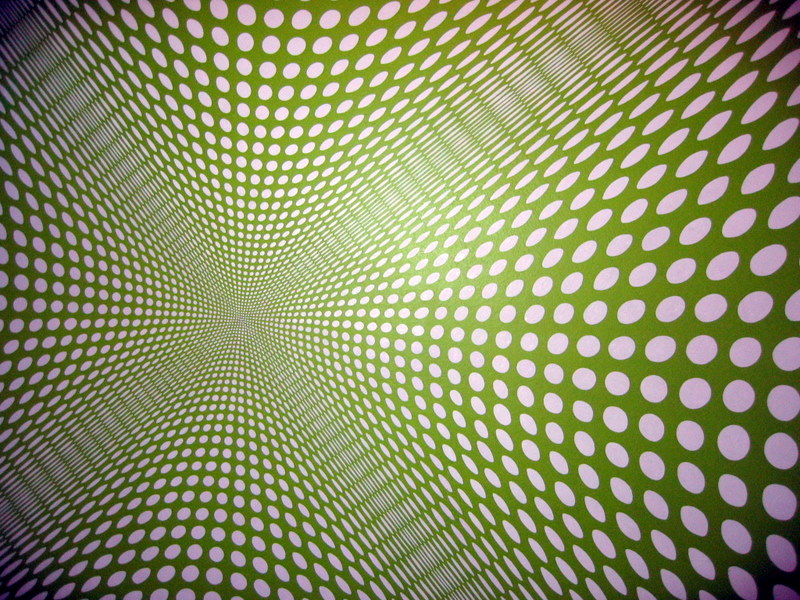Has anyone out there in the greater blog-i-verse ever heard of Jack Chalker? He saved my sanity in the 1980’s.
I was a dorky, shy, hypersensitive high school kid then; confused about a lot of things: adulthood, sexuality, my relationship to the world beyond the cookie cutter NoVA suburb that I grew up in, you name it. Talk about stressful! I relied heavily on escaping into science fiction and fantasy writing to help me cope with it all.
Like everything else, sci-fi was a struggle for me. My friends were super into it, which is what got me started reading. But I had problems with a lot of the “typical” sci-fi characters, particularly the over-sexed, ultra macho, straight guys and their pursuit of over-sexed, super-hot women. Ho-hum, if you ask me. Like you needed to read a book to learn more about that. Plus the guy characters often seemed so emotionally flat. Fantasy novels appealed to me more than “hard sci-fi.” I liked the predictable plots. There was less to worry about that way. And the characters seemed more alive somehow, which worked better for me. Plus the fantasy people were a lot more polite to one another. Hard sci-fi seemed so rude.
What is “hard science fiction” supposed to mean, anyway? Clearly it was a concept kids in my ‘hood used to differentiate that style of writing from all the “soft” stuff that I was reading. My friends seemed to believe that it had something to do with advanced technology and epic adventure, and, of course, the hero coming out on top in the end. I secretly believed that “hard” meant ‘hard to read’ because the writing was so emotionally empty.
And then there was Jack Chalker.
Lately I’ve been re-discovering him. I adored his novels while a teen. And it turns out that I still like him a lot.
I don’t know how one might classify his writing. Most of the stuff that I’ve read by him deals with highly advanced technologies and epic adventures: sort of “hard” sounding. Yet his characters can often be emotional, make mistakes, get hurt, etc.; just like “real people.” These guys aren’t macho freaks of nature. And what’s really cool about Chalker’s characters is that they are all so changeable.
The dude must have loved Ovid’s Metamorphoses as all of the characters in the novels that I’ve read go through numerous transformations from human to non-human, man to woman and back again, part-human part-animal, completely animal, and so on. These changes aren’t always seamless or easy for these characters. Often they cause dreadful problems. Yet what a liberating idea: appearance matters but is secondary to the ‘real you’ inside. That was not a message that I heard anywhere else; especially in my Regan-era, culturally uptight suburb, immersed as I was in all of that high school peer pressure.
The writer died a couple of years ago. He was only sixty. So young! It’s funny how the Internet lets you learn so much about stuff so easily now-a-days. I’d not known that Chalker lived in Maryland, for example. That’s really close to my hometown. We were almost neighbors! Wow! I didn’t know that Chalker was a history and geography teacher before becoming a sci-fi writer, either, though that makes sense if you’re at all familiar with his writing. I’d never seen his picture, or knew about his wife and children, or his fascination with ferryboats… Was there even life before the Internet? How quaint, how barbaric!
Various web sites that I’ve read suggest that Chalker’s book, Midnight at the Well of Souls, was his most successful. Turns out this is the first in a series of ten somewhat connected novels. I knew of the first five in the ‘80’s but what a surprise to discover the second. Recently I read them all, much to my delight.
The first book starts out in the distant future. The Earth has been abandoned for many other planets. These have developed various cultures of humans. Since technology is so advanced, travel through “hyperspace” is possible to allow commerce. There’s also a mysterious set of old abandoned planets that seem to have been colonized by an ancient civilization, now thought extinct. Initially, we’re with a team of archeologists on one of these empty worlds. Various weird things happen that lead one of the team to kill all but one of the others. The two then fight and somehow step onto an unusual artifact and disappear from known space.
Next we’re on an interplanetary ship when suddenly a distress call is received. The jaded captain, Nathan Brazil, answers. The ship is led to that same empty Markovian world where the captain and passengers start to investigate the murders but then, oops, they fall into the same “trap.” Oooh!
I know: it sounds super hokey, but wait!
Next these un/lucky, depending on how you look at things, people travel through some strange passageway through space and find themselves in a huge chamber where they’re greeted by a monster who claims to be an ambassador to South Zone, the place that they’ve all just arrived in. They are on southernmost part of the Well World, an artificial planet designed by the ancient Markovians, apparently set up as laboratory to create thousands of sentient life forms to populate the known universe. The whole world and even the universe are maintained by an enormous computer that makes up the bulk of the planet. There’s no way back home. And they now all must pass through another gate where their bodies will be transformed into one of the hundreds of creatures populating the Southern Hemisphere, each having their own territory, generally shaped like a hexagram. The change is permanent. And they’re very unlikely to remain human.
They all pass through and become some other creature; that is except for the wily Captain Brazil. He exits the gate unchanged. Then the adventure really starts.
The series is very ambitious. It’s full of adventure; romance; quests and wars; metaphysical speculations; explorations of culture; meditations on class, race, sex and sexuality; and its damn fun, too. It’s true that some of the writing in the earlier books is uneven. I think that Chalker’s style improved as he aged and got more experience. The Well World series was published between 1977 and 2000, so a long time in which to hone your craft. If you’ve never read it, you should. Urge your bookstore to stock these novels again! Perhaps they can be re-issued like the Roger Zelazny The Great Book of Amber was recently: in a single ten-in-one volume.
Thank you, Jack Chalker! You made my tortured adolescence more bearable. It’s wonderful to rediscover you, too, in the new decade of the new millennium. Peace.

